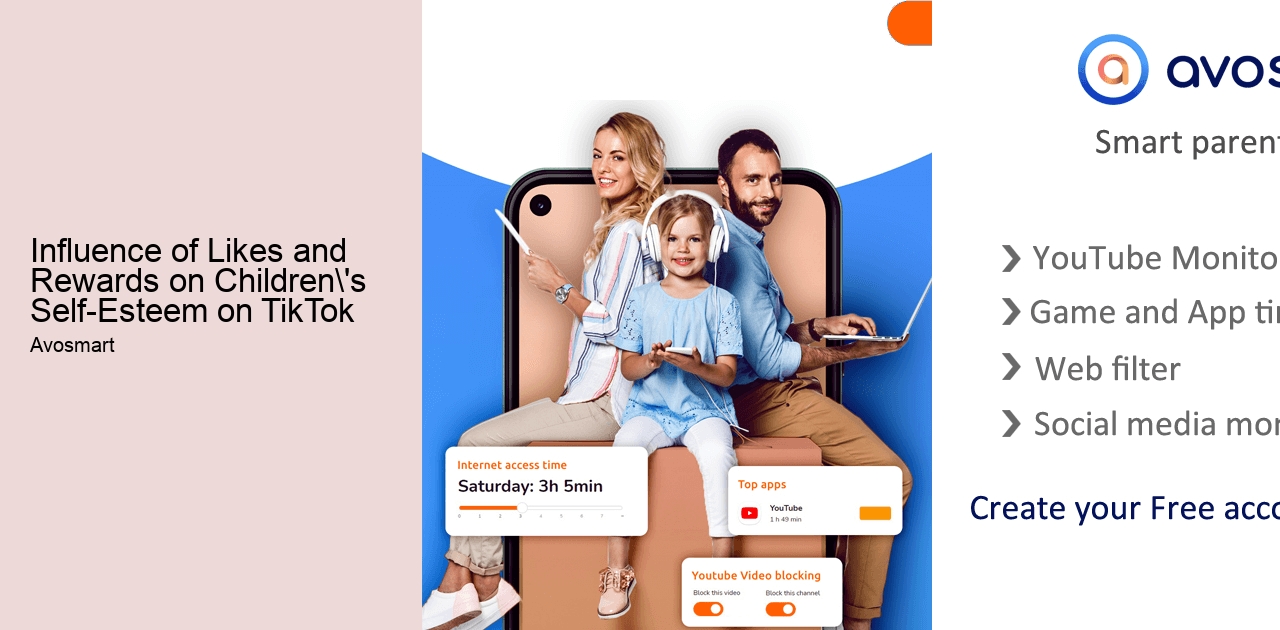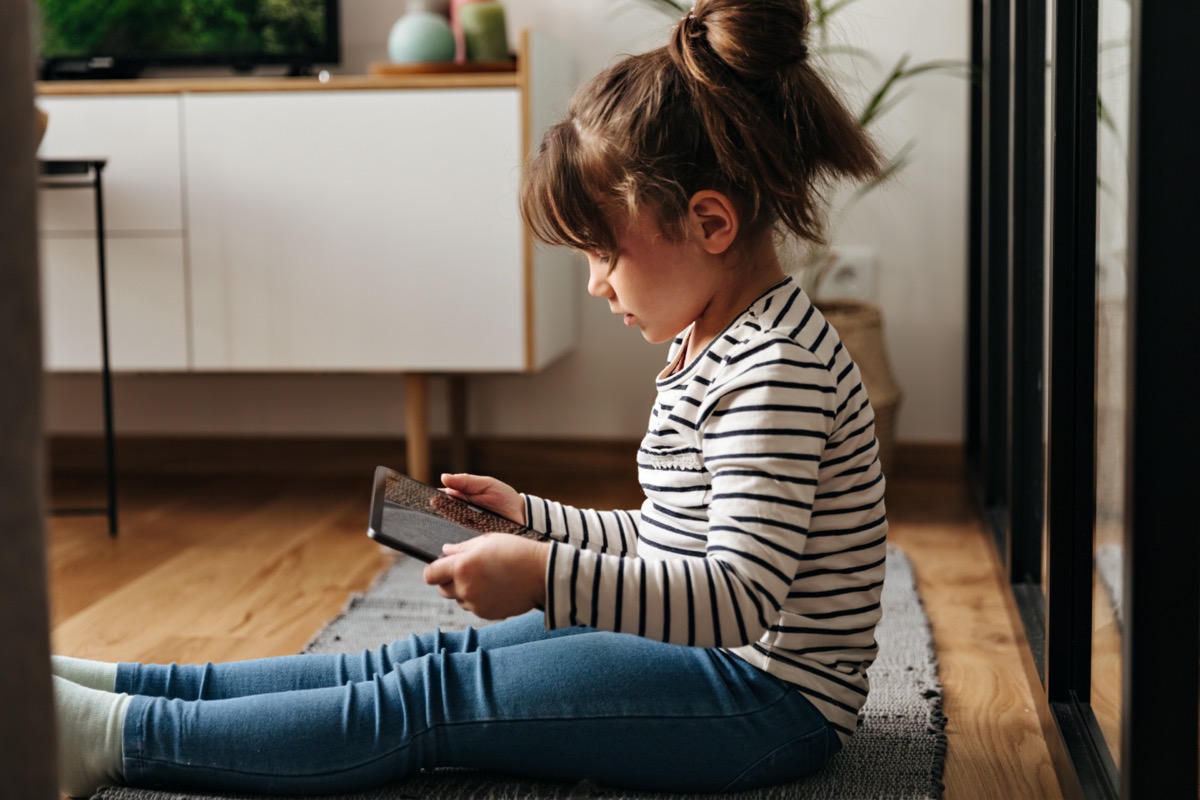
The Impact of Likes and Rewards on Children's Self-Esteem: Exploring the TikTok Phenomenon
Influence of Likes and Rewards on Children's Self-Esteem on TikTok
The impact of likes and rewards on children's self-esteem is a topic worth exploring, especially in the context of the TikTok phenomenon. Likes and rewards on social media platforms like TikTok can have a significant influence on children's self-esteem, as they provide validation and a sense of popularity. However, this can also lead to a reliance on external validation and a decrease in self-worth if the likes and rewards are not received. It is important for parents and educators to monitor and guide children's social media usage to ensure a healthy balance between online validation and real-life self-esteem building activities.


